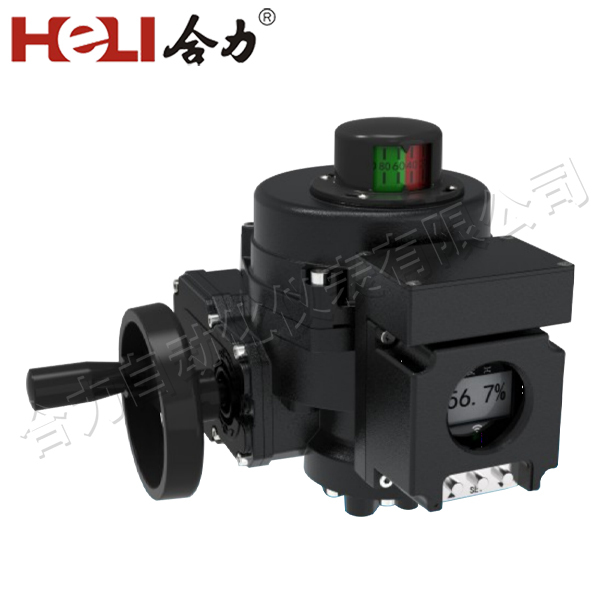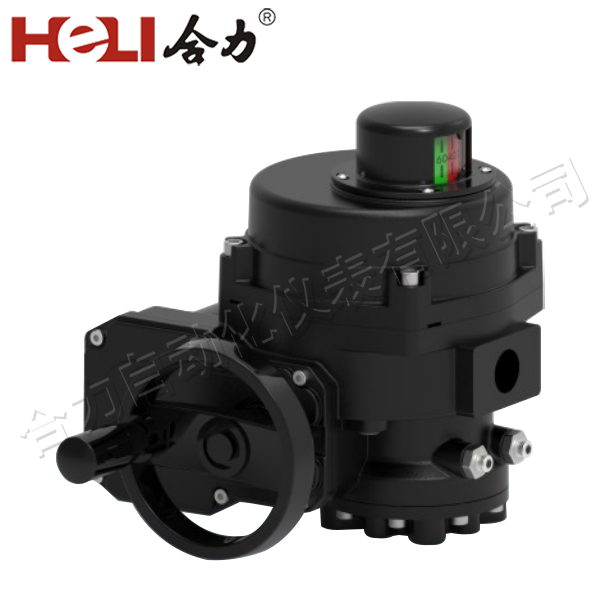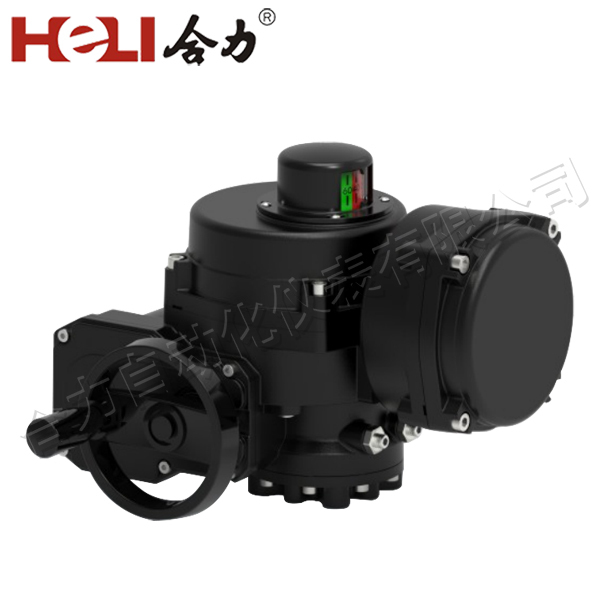The growing demand for sustainable energy solutions has led to an increased focus on hydrogen energy as a clean alternative to traditional fossil fuels. One of the most promising applications of hydrogen technology is in the development of electric actuators powered by hydrogen fuel cells. These actuators, which convert hydrogen energy into mechanical motion or force, are an essential component in various industries, from automotive to robotics, offering an eco-friendly and efficient way to power modern systems.

What is a Hydrogen Energy Electric Actuator?

A hydrogen energy electric actuator is a mechanical device that uses hydrogen energy to create motion. It typically relies on a hydrogen fuel cell to generate electricity, which powers an electric motor or actuator. The actuator then converts the electrical energy into mechanical energy to control or move components in a system. The only byproduct of this process is water, making it a clean, sustainable technology. Hydrogen fuel cells work by combining hydrogen gas with oxygen from the air in an electrochemical reaction. This reaction produces electricity, water, and heat. The electricity is used to power the actuator, while the water vapor produced is the only waste product, unlike traditional combustion engines that release harmful gases like carbon dioxide and nitrogen oxides into the atmosphere.
